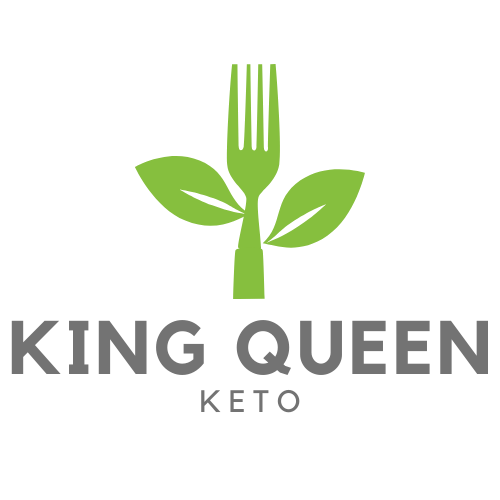For many people, a family gathering or celebration to promote well wishes or love is not complete without first popping the cork and passing a bottle of red wine around the table. While traditionally, the clinking of the wine glasses was enough to encourage more drinking, today, there might be legitimate health benefits to drinking the treasured beverage.
The Journal of Cardiovascular Disease Research published a study that showed red wine as a carrier of several active antioxidants, like resveratrol, quercetin, and proanthocyanidin. The antioxidants present in red wine are known to reduce cell oxidation and fight free radicals. Because of the findings, the National Institutes of Health declared red wine as a diet supplement, one that can reduce cardiovascular risk factors.
With the current research supporting red wine as a beneficial drink, people wonder if they should incorporate it into their diet. Additionally, many people want to know how much red wine is necessary to secure the proposed benefits.
Getting to the Why and How of Red Wine Health Benefits
According to further research by the NIH, the real benefits of red wines like Pinot Noir, Merlot, and Cabernet Sauvignon lie with the grapes. Resveratrol is one of the key antioxidants found in the grapes used to manufacture these popular wines. This one substance is known to help reduce LDL cholesterol, prevent blood clots, and protect blood vessels. Additionally, the tannins found in the grapes can improve circulation, inhibit clotting, and open essential vessels. Tannins are also linked to increased appetite, meaning populations vulnerable to malnutrition, like older adults, could benefit from having red wine.

How Much Should You Drink
While red wine can provide many health benefits, you shouldn’t make it your drink of choice. According to experts, you should limit your wine intake to one or two glasses per day. By drinking one or two glasses, you can lower your risk of stroke or heart disease, but drinking too much can increase your risks. Additionally, an excess of red wine can contribute to many problems, including:
- Liver cirrhosis
- High blood pressure
- Sleep deficiency
- Brain damage
- Inflamed pancreas
- Allergic reactions
- Cancer
Drinking too much can also result in violence, injury, or death because of a lack of inhibitions. A high intake of red wine specifically could also result in an irregular heartbeat and increased triglycerides.
Should You Start Drinking Red Wine
If you are not a wine drinker, there is no reason to start now. While red wine does provide antioxidants that promote certain health benefits, as noted, the benefits stem from the grapes used for production. The beauty is the grapes do not require fermentation to experience their benefits.
Additionally, red grapes and red wine are not the only wine to provide your body with beneficial antioxidants like resveratrol. You can also receive the compound from blueberries, peanut butter, and dark chocolate. You can also include many other foods for an antioxidant-rich diet, like:
- Fruits (especially berries)
- Tomatoes
- Beans
- Nuts
- Green tea
- Cinnamon
Red wine is pretty amazing, and if you were looking for an excuse to enjoy the occasional glass, there you go. However, the power of red wine resides with the red grapes used for its production. Therefore, you do not have to drink red wine to benefit from its antioxidants.
What do you think? Will your dinner tonight be enjoyed with a glass of Merlot?
